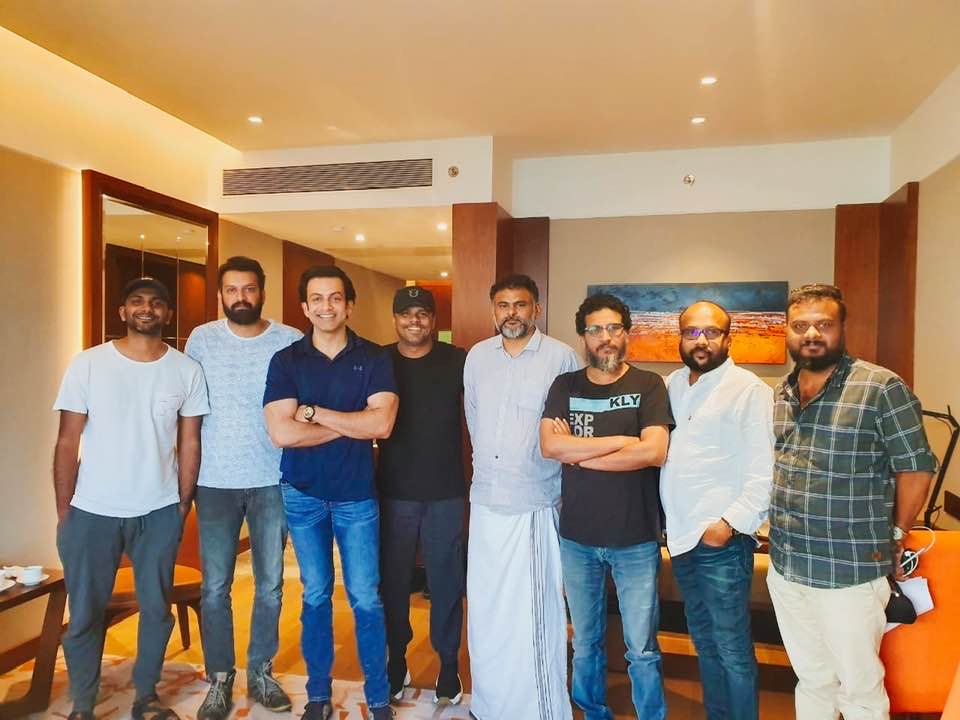
On Monday, it was announced that Prithviraj and filmmaker Aashiq Abu will come together for a period film titled Vaariyamkunnan in 2021, based on the life of Vaariyam Kunnathu Kunjahammed Haji, the freedom fighter from Kerala and the leader of Malabar Rebellion in 1921 against the British.
The Prithviraj starrer will go on floors on the 100th anniversary of the Malabar revolution.
“A film on the man who became the face of the 1921 Malabar revolution. Vaariyamkunnan. Filming begins in 2021. On the 100th anniversary,” actor Prithviraj announced today.
“He stood up against an empire that ruled a quarter of the world. Etched out his own country with an army that waged a never before the war against the British. Though history was burned and buried, the legend lived on! The legend of a leader, a soldier, a patriot,” actor added.
The movie is scripted by Unda fame Harshad and newbie Rameez.
Muhsin Parari will co-direct the movie.
Vaariyamkunnan will be produced by Zikander and Moideen with editing and costumes done by Shyju Khaleed and Sameera Saneesh.
Kunjahammed Haji, who was considered among the most powerful enemies of the British colonization, was born in a Muslim family with a glorious history of anti-colonial struggles, in 1877 in valluvangad in Kerala’s Malappuram.
In the 1920s Kunjahammed Haji raised 75000 natives, seized control of large territory from the British rule, and set up a parallel government, in open defiance of British rulers, for more than six months in most parts of the then Eranadu and Valluvanadu talks. along with his long term mentor, friend Ali Musliyar.
In his early ages, Variyamkunnath had used the performance art against British rule. He conducted speeches accompanied by songs against British and landlords. His speeches filled with Badr padappattu, Malappuram padappattu, Cheroorpadappattu; the songs which were banned by British, reminded the community the revolutionary tradition of Mappilas and aroused their anger against British rule.
Haji was sentenced to death by Martial law Commander Colonel Humphrey. He was shot dead on 20 January 1922. British officials burned his dead body along with all government records and documents relating to his five months’ long parallel government
Asked about his last wish, Haji said: “I heard that you people shoot prisoners from behind after blindfolding them. I want you to shoot me from the front without blindfolding me. I want to die seeing the soil of this land.”



